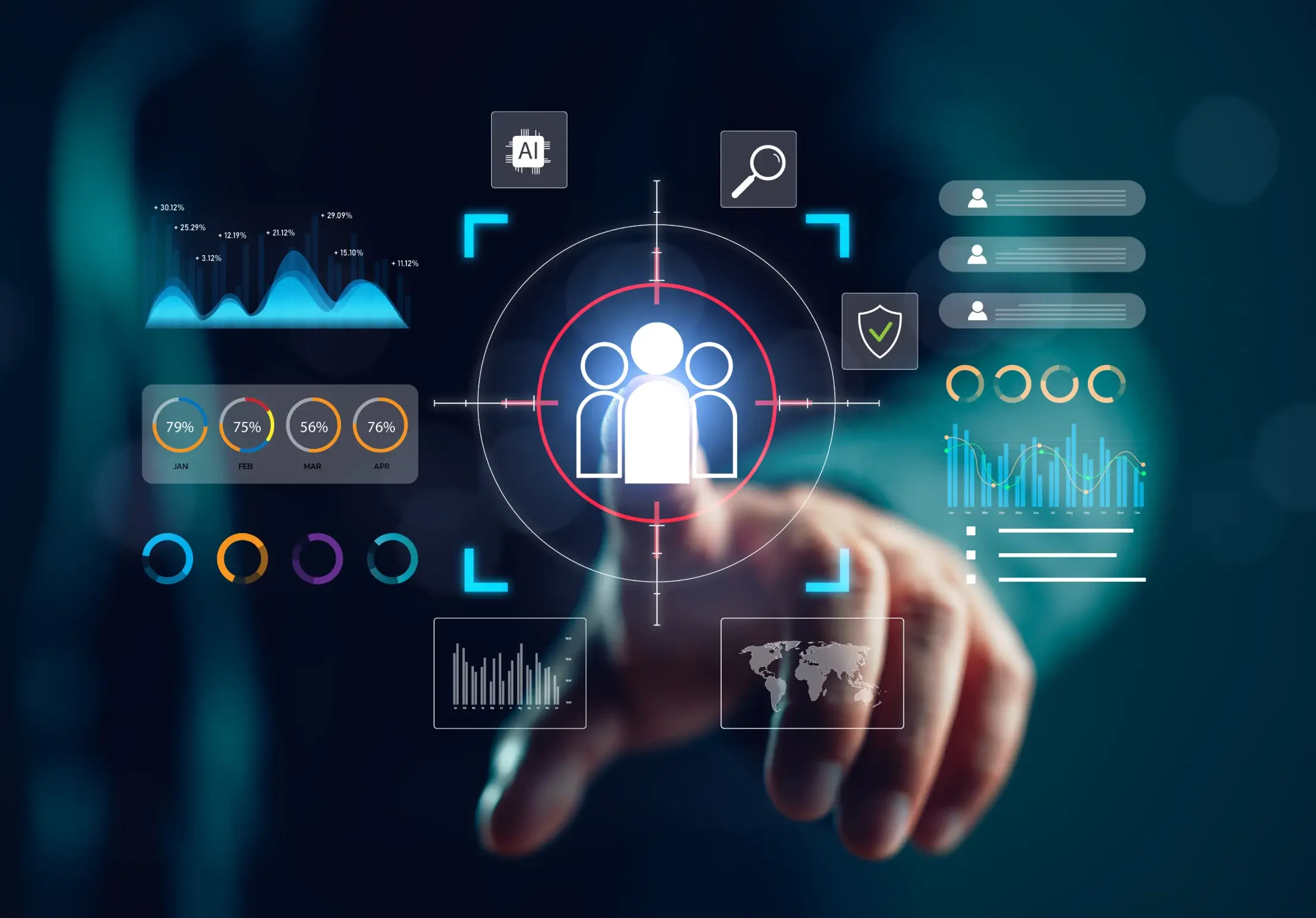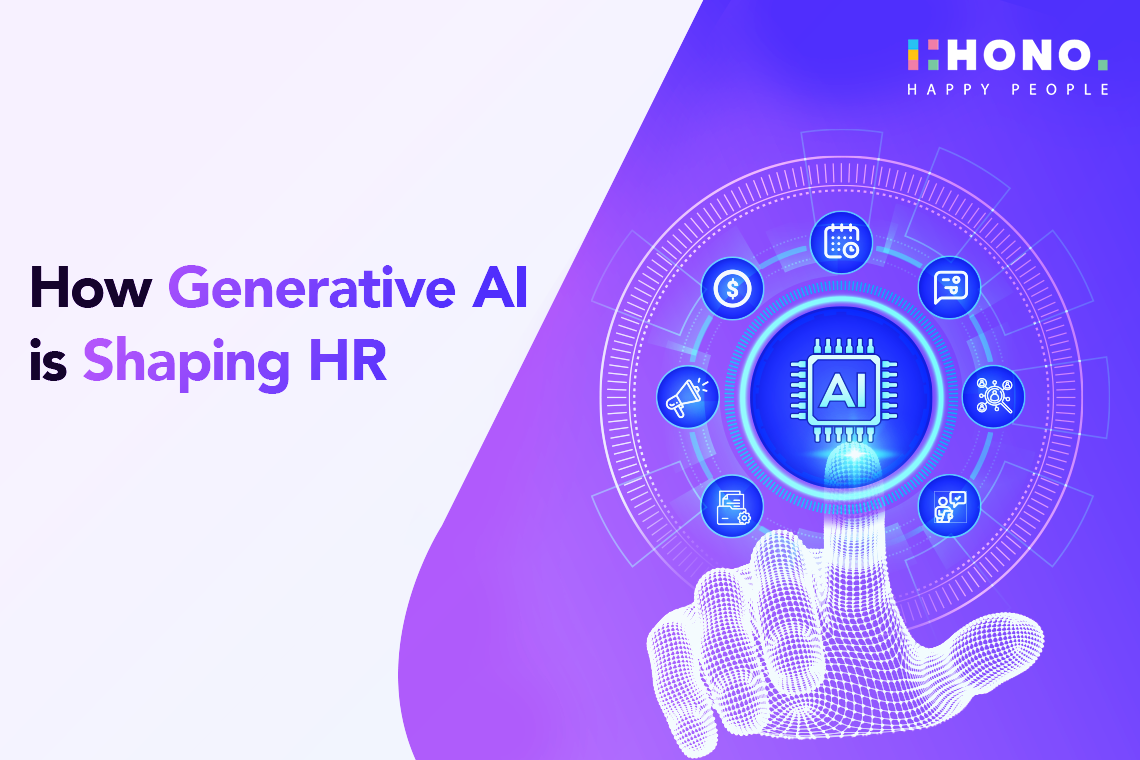In today's dynamic business landscape, organizations are faced with the unique challenge of managing a multigenerational workforce. With Baby Boomers, Generation X, Millennials, and Generation Z all coexisting in the workplace, the need for effective Human Capital Management (HCM) has never been more pronounced. In this comprehensive guide, we evaluate the role of HCM in addressing the challenges posed by a multigenerational workforce.
The Role of Human Capital Management in Addressing Multigenerational Workforce Challenges
5 mins

Understanding the Multigenerational Workforce
Let us begin by understanding the distinct characteristics of each workforce generation:
a) Baby Boomers (1946-1964): Value loyalty, prefer face-to-face communication, and are often motivated by job security and benefits.
b) Generation X (1965-1980): Known for their entrepreneurial spirit, they value work-life balance and are adept at leveraging technology.
c) Millennials (1981-1996): Digital natives who value flexibility, continuous learning, and meaningful work.
d) Generation Z (1997 and later): The newest entrants to the workforce, they are tech-savvy, value diversity and inclusion, and seek instant feedback.
The Power of Peer Collaboration
As per Gartner, when it comes to learning about new technology, Gen Zs and millennials heavily lean on their peers. They value peer collaboration as a primary means of tech education, more so than Gen Xs or Baby Boomers. This collaborative approach suggests that businesses can leverage peer-to-peer training sessions or mentorship programs to expedite the tech adoption process among younger employees.
The Significance of HCM Software in a Multigenerational Setting
1. Tailored Training and Development
Each generation has its unique learning preferences. While Baby Boomers might prefer traditional classroom settings, Millennials and Gen Z might lean towards digital platforms. Cloud hcm software allows organizations to offer tailored training modules, ensuring effective skill development across all age groups.
A Cautious Approach by Older Generations
While there's a perception that older generations are resistant to technological change, Gartner data suggests otherwise. 41% of Baby Boomers and 38% of Gen Xs are open to embracing new technological advancements. However, they exhibit caution, preferring to undergo formal training before diving into new tools or platforms. This finding emphasizes the need for structured training programs tailored to these generations, ensuring they're comfortable and confident in using new technologies.
2. Flexible Work Arrangements
With a human capital management software, organizations can provide a range of work arrangements, from remote work options favored by Millennials to traditional office settings preferred by others. This flexibility not only boosts employee satisfaction but also aids in talent retention.
3. Streamlined Communication
Effective communication is paramount in a multigenerational workforce. HCM systems offer integrated communication tools, ensuring seamless interaction between generations, fostering collaboration, and minimizing misunderstandings. Regardless of age, certain attributes of technology resonate with all. Features like "easy to use," "increases work accuracy," and "aligns with my work style" significantly impact the likelihood of HR technology adoption across generations. Businesses looking to introduce new HR tools should prioritize these attributes to ensure widespread acceptance and usage.
4. Performance Management and Feedback
Different generations have varied feedback preferences. While Baby Boomers might appreciate annual reviews, Gen Z seeks real-time feedback. HCM tools facilitate customized feedback mechanisms, ensuring that performance management resonates with every employee, irrespective of their generational cohort.
5. Benefits Administration
From health benefits that cater to the older generation to student loan assistance for the younger workforce, hcm platform allows organizations to offer a diverse range of benefits, catering to the unique needs of each generation.
Strategies to Leverage HCM for Multigenerational Workforce Management
1. Data-Driven Decision Making
Utilize the analytics capabilities of hcm cloud platform to gain insights into the preferences and needs of different generations. This data can guide strategies, from recruitment to retention.
2. Foster a Culture of Continuous Learning
Leverage the e-learning modules of HCM to promote a culture of continuous learning, catering to the upskilling needs of all generations.
3. Embrace Diversity and Inclusion
Use hcm solutions to promote diversity and inclusion initiatives, ensuring that the workplace is welcoming for all, irrespective of their age.
4. Prioritize Employee Well-being
HCM cloud solutions offer tools to monitor and promote employee well-being. From mental health resources to fitness programs, ensure that the well-being needs of all generations are addressed.
5. Engage in Succession Planning
With Baby Boomers nearing retirement, it's crucial to have a succession plan in place. HCM software solutions can aid in identifying potential leaders from younger generations and preparing them for leadership roles.
In conclusion, the challenges posed by a multigenerational workforce are multifaceted. However, with the right HCM strategies, organizations can not only address these challenges but also harness the diverse strengths of each generation. By leveraging the capabilities of hcm management software, businesses can create a harmonious, productive, and inclusive workplace that caters to the unique needs and preferences of all its employees. The generational divide in tech proficiency and adoption offers both challenges and opportunities. By understanding these nuances and tailoring strategies accordingly, businesses can foster a more inclusive, efficient, and tech-empowered workplace. As we move forward, it's essential to strike a balance, leveraging the strengths of each generation while ensuring that technology serves as an enabler, not a divider.
In today's diverse workplace, managing a multigenerational workforce presents unique challenges and opportunities. From Baby Boomers to Gen Z, each generation brings its own set of values, skills, and expectations. HONO's HCM solution is tailored to bridge these generational gaps, fostering a harmonious and productive environment where every employee feels valued and understood. Embrace the future of workforce management where tradition meets innovation. Bridge Generations with Seamless Workforce Management with HONO.
Request a Demo today.
Frequently Asked Questions
HCM software automates and streamlines HR processes, making them more efficient and accurate. It provides a centralized platform for managing employee data, tracking performance, facilitating talent acquisition, and improving employee engagement. By leveraging HR management software, organizations can save time, reduce administrative burdens, make data-driven decisions, and enhance overall HR operations.
AI-driven HONO is considered the best HR software due to its innovative use of Artificial Intelligence (AI) to streamline and enhance HR processes. Here’s why. It provides actionable, data-driven insights that enable HR professionals to make informed decisions, improving overall organizational effectiveness and strategic planning. HONO automates repetitive and time-consuming HR tasks, allowing HR personnel to focus on more strategic activities, thereby increasing overall productivity and efficiency. HONO is scalable and adaptable, catering to the evolving needs of organizations, regardless of their size or industry.
Choosing the right Employee Management Software involves considering several factors to ensure it meets the organization’s needs. Here’s a guide to help you choose. Clearly define what you need the HRMS software to achieve, considering aspects like attendance tracking, performance management, and employee development. Determine a budget considering both the initial cost and ongoing expenses like subscription fees, updates, and support. Ensure the HCM software integrates seamlessly with other systems and tools used in your organization, such as payroll and attendance systems. Opt for cloud HCM with an intuitive and user-friendly interface to ensure ease of use for both HR personnel and employees. Assess the human capital management solution's security features and its ability to comply with relevant laws and regulations to protect sensitive employee data. By considering the above factors and conducting thorough research, you can select an Employee Management Software that aligns with your organizational goals and enhances overall workforce management.
.png?width=70&height=70&name=Team%20HONO%20logo-01%20(1).png)
Team HONO








.jpg)
